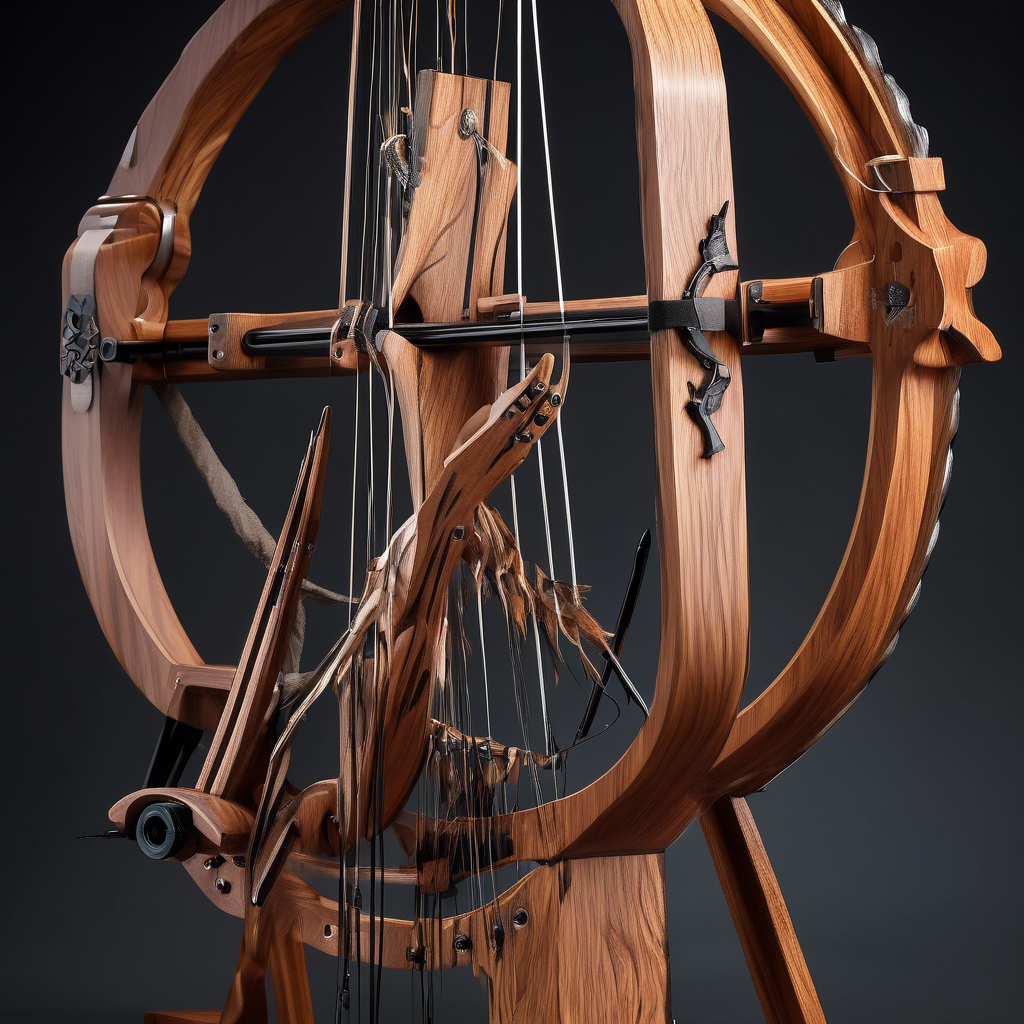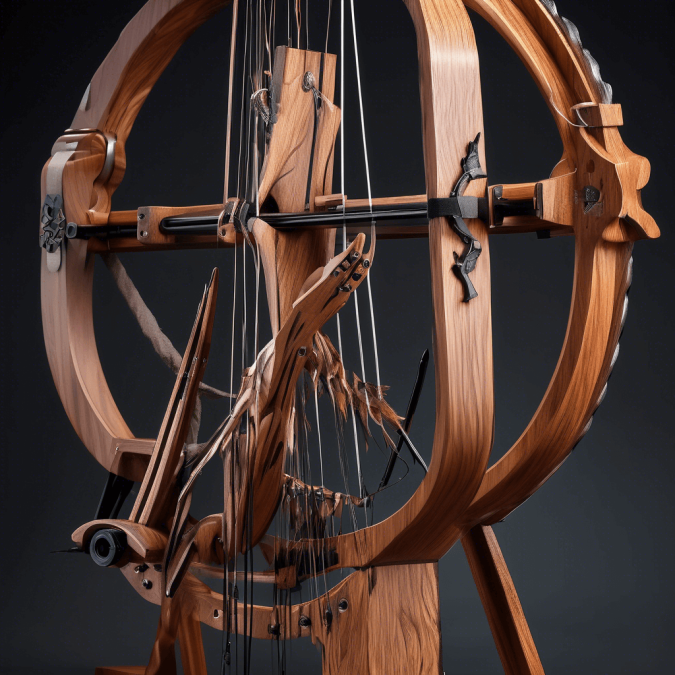
The invention of the bow is a significant milestone in the history of weaponry and technology. The bow has been used by various civilizations throughout history, making it one of the most enduring weapons in human history. Its discovery revolutionized hunting and warfare, and its impact on people’s lives cannot be overstated.
The history of the bow dates back to ancient times, with evidence of its use dating back to at least 10,000 years ago. The earliest known bows were simple weapons made from wood, bone, or horn, with a string made from animal sinew. These early bows were used for hunting game and for self-defense.
The invention of the bow is believed to have originated in Europe, where early humans used the weapon to hunt for food. As humans migrated to other parts of the world, such as the Middle East, Asia, and Africa, the bow spread along with them. Different cultures developed their own versions of the bow, with some using composite materials like horn and sinew to increase the power and accuracy of the weapon.
One of the key innovations in the history of the bow was the introduction of the recurve bow, which had curved limbs that increased the power and range of the weapon. The recurve bow was first used by the Mongolians in the 12th century, and it quickly became the weapon of choice for many cultures around the world.
The impact of the bow on people’s lives was profound. In ancient times, it was a crucial tool for hunting and gathering food, allowing early humans to survive in harsh environments. As societies became more organized and warfare became more common, It became a key weapon on the battlefield.
Before the invention of the bow, warfare was often fought at close range with spears and swords. The bow revolutionized warfare by allowing warriors to attack from a distance, giving them a strategic advantage over their enemies. The bow also allowed for the development of new tactics and strategies, such as the use of archers to provide cover fire for infantry units.
It played a crucial role in many key moments in history, such as the conquests of the Mongol Empire and the Hundred Years’ War. In these conflicts, skilled archers were able to turn the tide of battle and secure victory for their armies.
One of the most famous inventors of it was the legendary English longbowman, Robin Hood. According to legend, Robin Hood was a skilled archer who used his bow to fight against the corrupt goverments and help the poor and downtrodden. While the true origins of Robin Hood are debated by historians, his story has become a symbol of resistance against tyranny and oppression.
The invention of the bow had a lasting impact on the history of the world. It changed the way wars were fought, transformed hunting and gathering practices, and influenced the development of societies and civilizations. It remains a symbol of human ingenuity and adaptability, a testament to the power of innovation in shaping the course of history.
